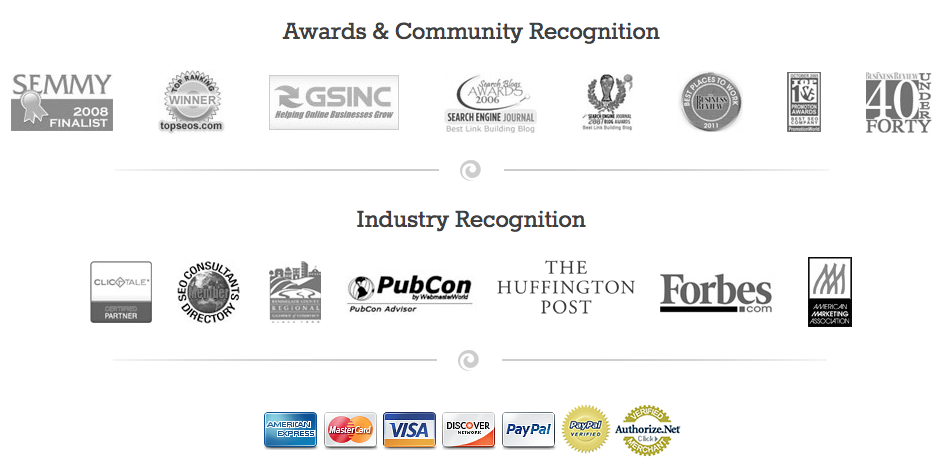The release of Google’s Panda algorithm update had webmaster scrambling to comply with robot-driven search parameters. However, those same webmasters have tended to forget the human factor: Google uses a human search quality rating system to contribute to web page ratings. While the bots handle the majority of the work, Google’s humans have also been given a new project: identify and rate individual landing pages for quality.
Bulletproof Digital can help you get your website “up to speed” with landing page optimization services that will have your web site Google-compliant so that your users can find you quickly.
Google Handbook Updates Focus on Human Rating
The new “Page Quality Rating Guidelines” section had added a total of 32 pages to the Google handbook for human raters. Google also expanded a section on “URL Rating Tasks with User Locations” so that the handbook jumped from 125 pages to 161.
The news apparently leaked through private forums that somehow managed to find screenshots of many of the pages. Although Google has not officially commented on the buzz, there is no doubt that big changes are on the way for the human rating system Google uses to code web pages for quality. A new article by Razvan Gavrilas explains the current understanding about some of these changes.
- Raters are given a rubric that ranges from Highest, High, Medium, Low or Lowest both overall and for individual pages or aspects of a document.
- Raters are not allowed to use location as a rating factor and are told not to consider how helpful the page is in a query result. Google’s aim is to make page quality independent of query functions.
- Low or Lowest scores are generally given on content. If content comes from a “content farm” and consists only of repetitions of the same information, raters are to give it a low grade. This is thought to be a direct result of Google’s Panda algorithm change.
- Highest or High quality usually means that there is something about the page that is utilizing both great content and a connection to other sources such as social media. In the wake of complaints that Google was favoring Google+ pages over Facebook, Twitter, and other social media, Google has made a concerted effort to reorganize its rating system and include all forms of SM.
- Raters must also consider website reputation. Just because a page is popular does not make it a “good” or “great” webpage. Google is attempting to overcome the “numbers” factor by asking human raters to make judgments on the reputation of a website as well as its content.
Bulletproof Digital has experts who stay abreast of the latest developments in Google’s constant updates and who can keep you informed of changes that affect your website’s rating. Call us today to talk about issues that affect quality control for your website.

